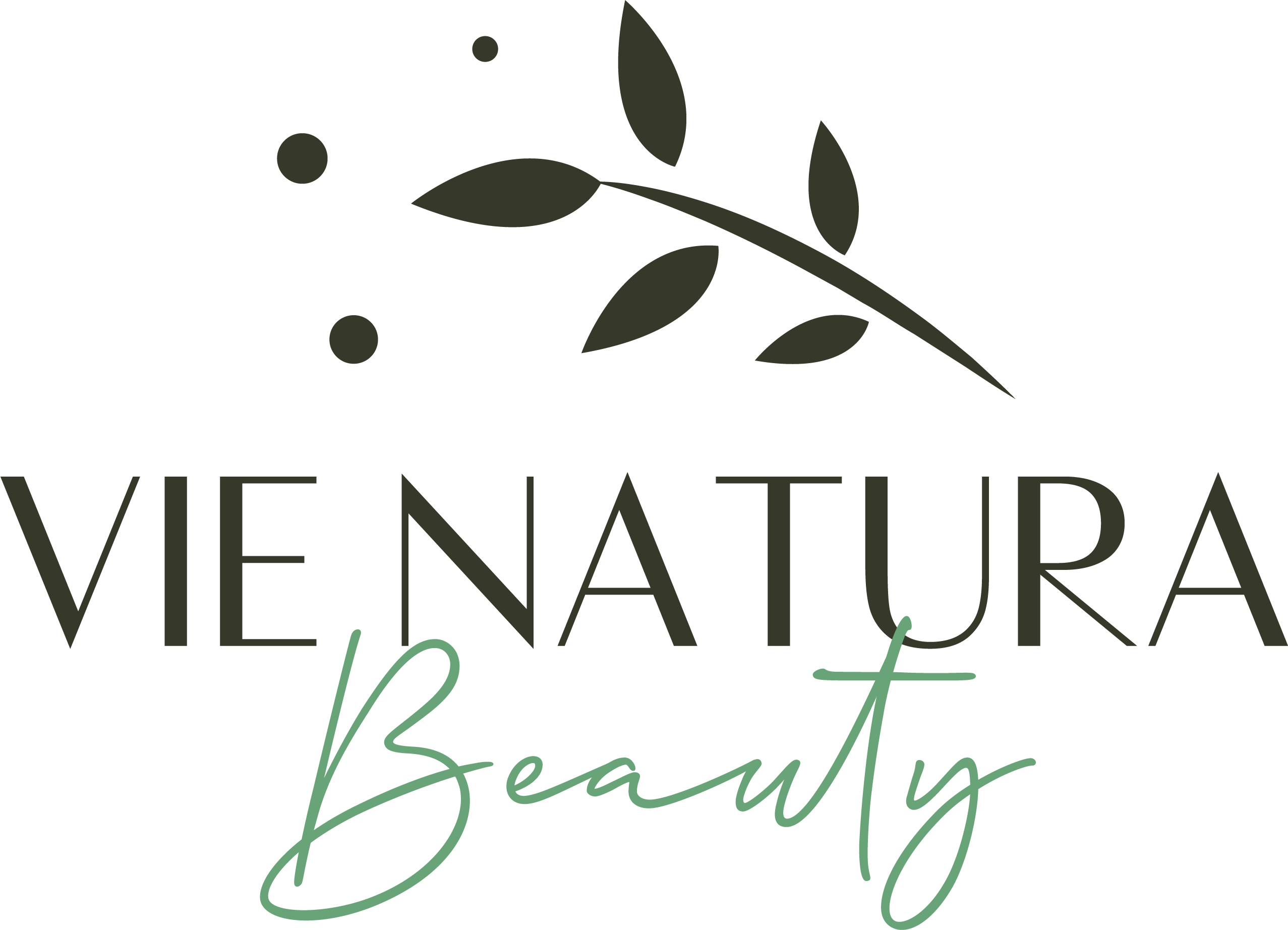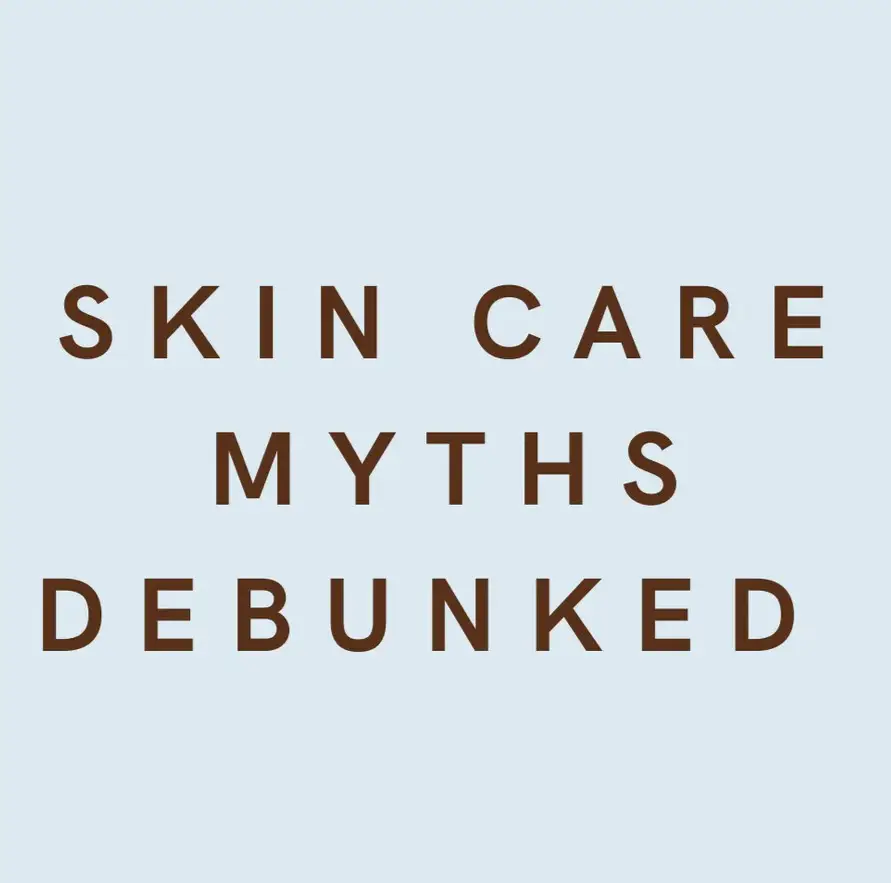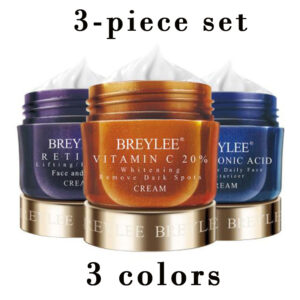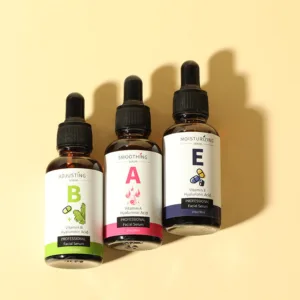Debunking Skincare Myths: 8 Common Misconceptions You Need to Know
In the vast world of skincare, myths and misconceptions abound, often leading to confusion and misinformation. From miracle ingredients to skincare routines, separating fact from fiction is essential for achieving healthy, radiant skin. In this comprehensive guide, we’ll debunk 8 common skincare misconceptions to help you navigate the maze of skincare advice with confidence.
Misconception 1: Natural Ingredients Are Always Better
While natural ingredients can offer skincare benefits, not all synthetic ingredients are harmful, and not all natural ingredients are safe for every skin type. Many effective skincare products contain a combination of natural and synthetic ingredients formulated to deliver optimal results without compromising safety or efficacy.
Misconception 2: Oily Skin Doesn’t Need Moisturizer
Contrary to popular belief, oily skin still requires hydration to maintain its moisture balance. Skipping moisturizer can actually exacerbate oiliness by triggering the skin to produce more oil to compensate for the lack of moisture. Opt for lightweight, oil-free moisturizers formulated specifically for oily or acne-prone skin to keep your complexion balanced and hydrated.
Misconception 3: Sunscreen Is Only Necessary on Sunny Days
UV rays are present year-round, even on cloudy or overcast days. UV exposure is the leading cause of premature aging and skin cancer, making daily sunscreen application essential regardless of the weather. Choose a broad-spectrum sunscreen with an SPF of 30 or higher and apply it generously to all exposed skin, rain or shine, to protect against sun damage.
Misconception 4: Popping Pimples Makes Them Heal Faster
While it may be tempting to squeeze or pop a pimple, doing so can actually worsen inflammation, increase the risk of scarring, and prolong healing time. Instead, treat pimples with targeted acne treatments containing ingredients like benzoyl peroxide or salicylic acid to help reduce inflammation and promote healing without causing further damage to the skin.
Misconception 5: Skincare Products Can Shrink Pores
Despite what many skincare products claim, it’s not possible to physically shrink or change the size of your pores. However, you can minimize the appearance of pores by keeping them clean and free of debris, exfoliating regularly to remove dead skin cells, and using products containing ingredients like niacinamide or retinol, which can help improve skin texture and tone over time.
Misconception 6: You Only Need to Wash Your Face Once a Day
While nighttime cleansing is crucial for removing makeup, sunscreen, and environmental pollutants that accumulate throughout the day, washing your face in the morning is equally important. Morning cleansing helps to remove excess oil, sweat, and bacteria that have built up overnight, preparing the skin for the application of skincare products and ensuring a fresh, clean canvas for the day ahead.
Misconception 7: Exfoliating Every Day Is Better for Your Skin
Exfoliation is an essential step in any skincare routine, but over-exfoliating can strip the skin of its natural oils, disrupt its moisture barrier, and lead to irritation and sensitivity. Limit exfoliation to 2-3 times per week and choose gentle exfoliants like alpha hydroxy acids (AHAs) or beta hydroxy acids (BHAs) to slough away dead skin cells without causing damage to the skin.
Misconception 8: Skincare Products Work Instantly
While some skincare products may offer immediate results, most require consistent use over time to achieve noticeable improvements in the skin. Be patient and consistent with your skincare routine, giving your skin time to adjust and respond to the active ingredients. With dedication and perseverance, you’ll be rewarded with healthy, glowing skin that reflects your commitment to skincare excellence.
Conclusion
By debunking these common skincare myths and misconceptions, you can make informed decisions about your skincare routine and avoid falling prey to misinformation. Remember to always consult with a skincare professional or dermatologist if you have specific concerns or questions about your skin. With knowledge and understanding, you can embark on a journey to skincare success and achieve the healthy, radiant complexion you deserve.





